News
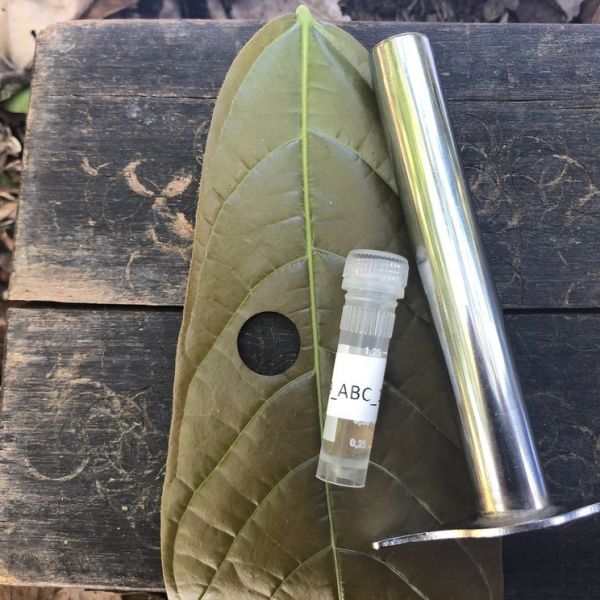
Jan 04, 2021
Discovery of chemical clue may lead to solving cacao's black pod rot mystery
The finding of relatively high levels of the antimicrobial compound clovamide in the leaves of a disease-resistant strain of cacao has significant implications for breeding trees that can tolerate black pod rot, according to Penn State researchers who conducted a novel study.
Full Article
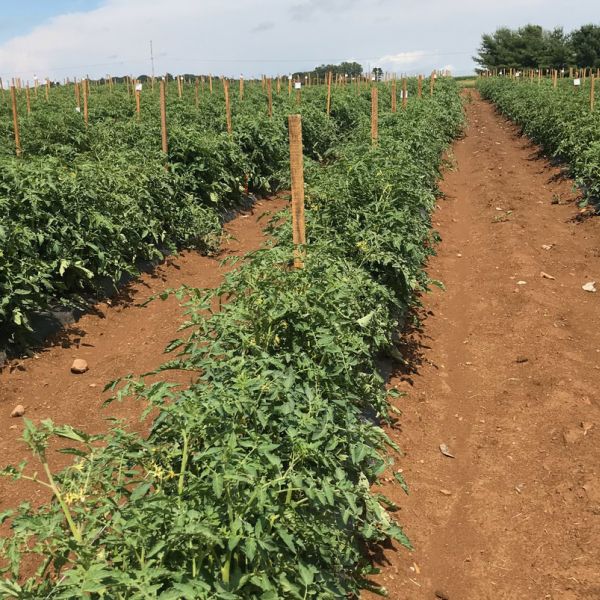
Oct 23, 2020
Grafting with epigenetically-modified rootstock yields surprise
Novel grafted plants—consisting of rootstock epigenetically modified to “believe” it has been under stress joined to an unmodified scion, or above-ground shoot—give rise to progeny that are more vigorous, productive and resilient than the parent plants.
Full Article

Sep 23, 2020
Huck Institutes Seeks Director of Graduate Training Initiatives
The Huck Institutes of the Life Sciences is searching for a Penn State faculty member interested in overseeing a number of training programs for master's and doctoral students.
Full Article

Sep 16, 2020
Liana Burghardt awarded Tansley Medal for excellence in plant science
Assistant Professor of Plant Science recognized for outstanding research contributions early in her career.
Full Article

Aug 25, 2020
Bull elected fellow of American Phytopathological Society
Carolee Bull, professor of systematic bacteriology and plant pathology in Penn State's College of Agricultural Sciences, has been elected as a fellow of the American Phytopathological Society, an honor given to members in recognition of distinguished contributions to the discipline of plant pathology.
Full Article
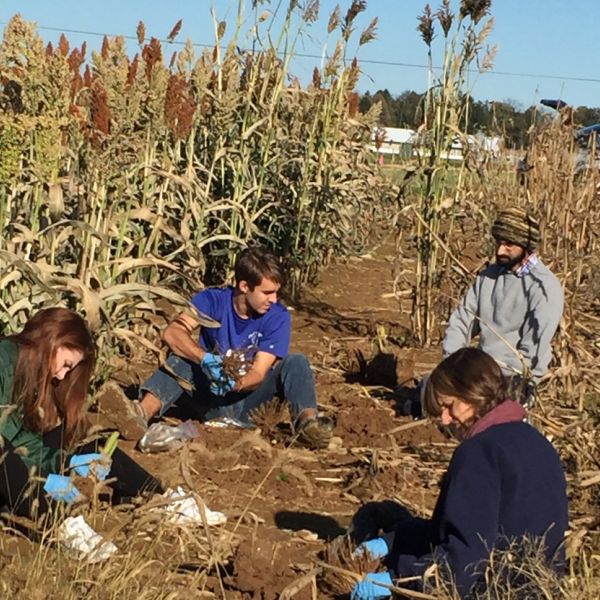
Aug 21, 2020
Flavonoids' presence in sorghum roots may lead to frost-resistant crop
Flavonoid compounds — produced by the roots of some sorghum plants — positively affect soil microorganisms, according to Penn State researchers, who suggest the discovery is an early step in developing a frost-resistant line of the valuable crop for North American farmers.
Full Article
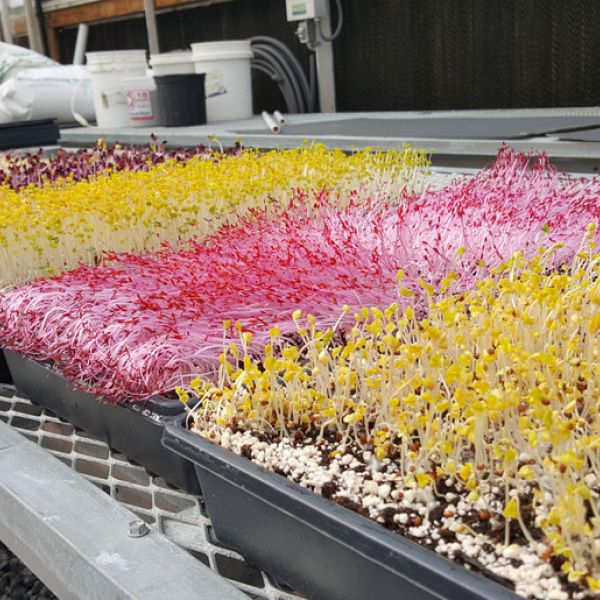
Jun 09, 2020
Research team to study food resilience in the face of catastrophic global events
An interdisciplinary team of Penn State professors has received $3 million from Open Philanthropy to study food resilience in the face of potentially catastrophic global events.
Full Article
Jun 03, 2020
Huck graduate students among NSF award recipients
Five graduate students in Huck programs or involved with Huck centers, advised by faculty members in the College of Agricultural Sciences, were recipients or honorable mentions of National Science Foundation Graduate Research Fellowships.
Full Article
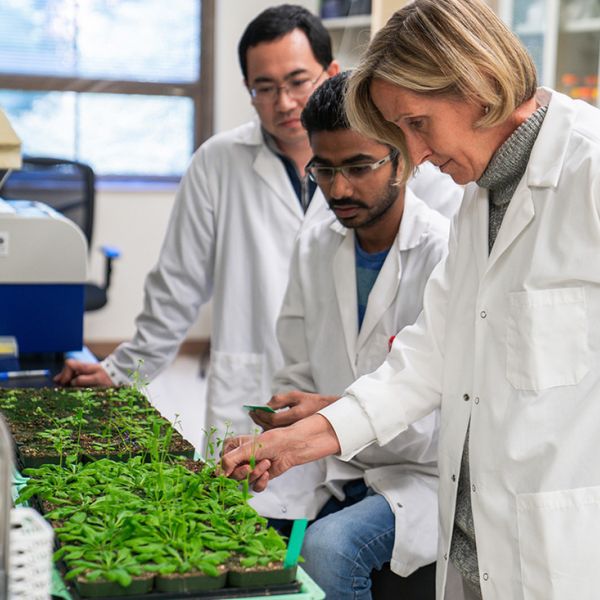
May 06, 2020
Plants pass on 'memory' of stress to some progeny, making them more resilient
By manipulating the expression of one gene, geneticists can induce a form of “stress memory” in plants that is inherited by some progeny, giving them the potential for more vigorous, hardy and productive growth, according to Penn State researchers, who suggest the discovery has significant implications for plant breeding.
Full Article

Apr 13, 2020
Bryant honored with Kettering Award for excellence in photosynthesis research
Donald A. Bryant, Ernest C. Pollard Professor of Biotechnology and professor of biochemistry and molecular biology at Penn State, has been awarded the Charles F. Kettering Award from the American Society of Plant Biologists. The award was established by an endowment from the Kettering Foundation in 1962 and recognizes meritorious work in photosynthesis.
Full Article